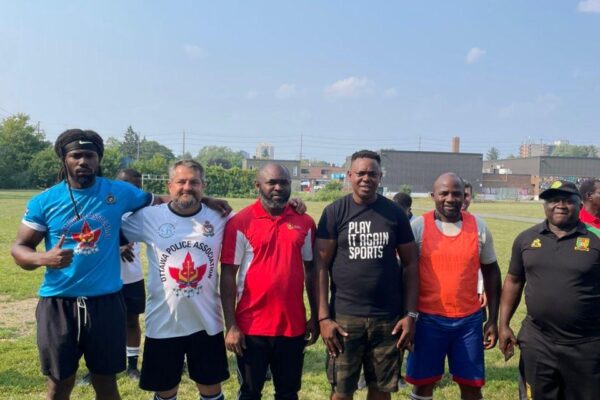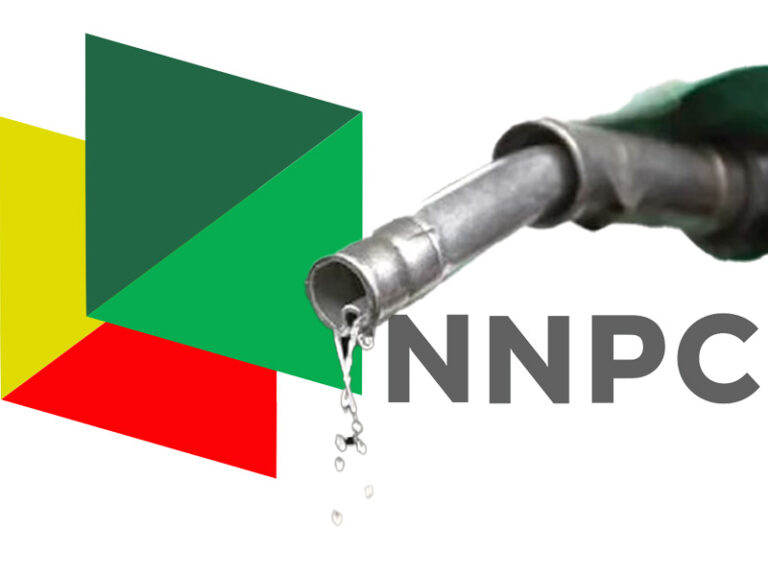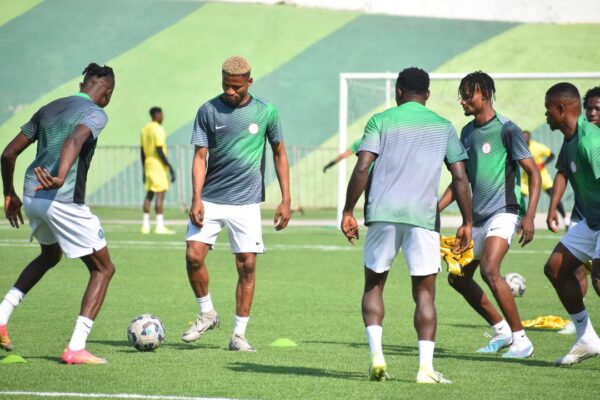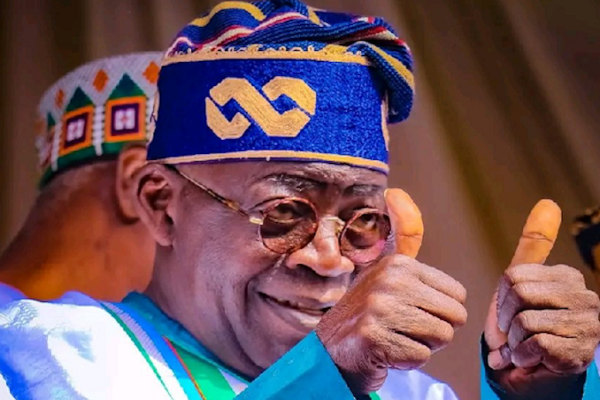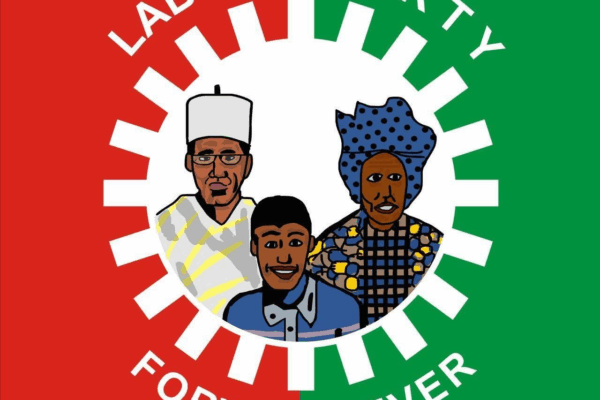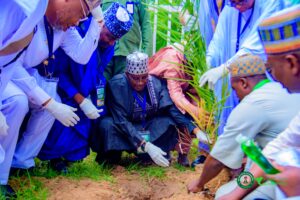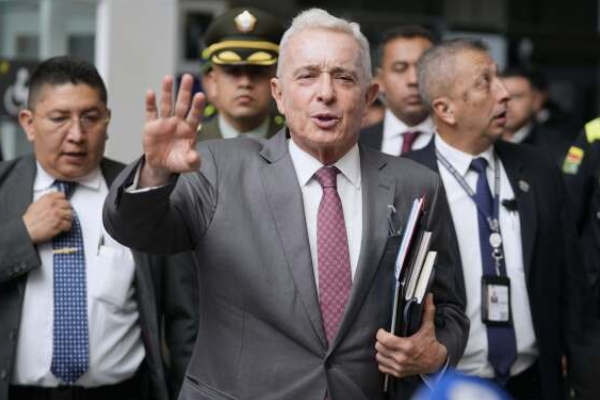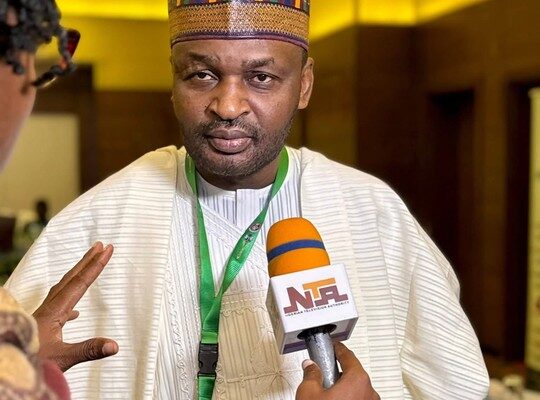Days after racing to a 10th triumph in the Women Africa Cup of Nations, Nigeria will on Tuesday begin another serious quest for a continental title when the home-based senior men’s team, Super Eagles B take on Cup holders Senegal in the opening match of group B of the 8th African Nations Championship. Bronze medal-winners in 2014 and runners-up four years later, Nigeria have blown hot and cold in the 16-year-old tournament that is exclusively reserved for footballers plying their trade with valid contracts in the domestic league of their countries on the continent. Ahead of the inaugural edition hosted by Cote d’Ivoire in 2009 and won by the Democratic Republic of Congo, the Eagles squandered a two-goal lead over arch-rivals Ghana in Accra to end up losing 2-3, and then failed to find the back of the net in the return encounter in Calabar. Ghana qualified instead. Two years later, Nigeria also failed to reach the finals in Sudan. In 2014, Stephen Keshi (of blessed memory) coached the Eagles to a bronze medal finish in South Africa, overturning a 3-0 deficit at half-time against Morocco en route. It was a year after the great Keshi had led the ‘A’ to lift the Africa Cup of Nations in the same country. Nigeria failed to make it out of the group stage in Rwanda in 2016, but then went all the way to the Final in the following edition, losing to hosts Morocco on a frosty night in Casablanca. The country failed to qualify for the 2021 edition hosted by Cameroon, and also painfully missed out of the finals staged by Algeria two years ago. In essence, Nigeria will be making only her fourth appearance at the competition. Christened Pamoja 2024, this year’s African Nations Championship promises a lot of thrills and excitement across five venues in three host nations – a novel arrangement in hosting of sports events on the African continent. The Confederation of African Football awarded a joint bid by Kenya, Tanzania and Uganda the hosting right for the 2027 Africa Cup of Nations, and afterwards opted to grant the three nations the opportunity to use the CHAN as a dress rehearsal. The 19 participating countries have been cast into four groups, with groups A, B, and C having five teams, and group D (where Nigeria will feature) having only four, including Cup holders Senegal, as well as Congo and Sudan. Nigeria’s technical and tactical approach to games will be curated by Eric Sekou Chelle, also the gaffer for the ‘A’ team. Chelle has spoken of belief and self-confidence among his 23-man squad, who spent three weeks at a training camp in Ikenne-Remo and another 10 days in Zanzibar (to which was embedded two drawn matches against the Zanzibar National Team). Chelle still has goalkeeper Ozoemena Ani, defenders Sodiq Ismaila and Junior Nduka, midfielder Alex Oyowah and forwards Anas Yusuf and Sikiru Alimi – who were in the squad that turned back Ghana’s Black Galaxies 3-0 on aggregate in the qualifiers. However, there have been excellent additions like Steven Mayo and Leonard Ngenge in the defence, Adedayo Olamilekan, Hadi Haruna and Michael Tochukwu in the midfield, and Temitope Vincent, Shola Adelani and Godwin Obaje in the attack. At the 15,000-capacity Amaan Stadium on Tuesday, Chelle will go for the maximum points to underscore Nigeria’s ambition, as well as to diminish anxiety ahead of the clashes with Sudan and Congo. Joint-host Tanzania took the first three points of the tournament on Saturday, beating Burkina Faso 2-0 in their group B encounter at the Benjamin Mkapa Stadium in Dar es Salaam. GROUP A: Kenya, Morocco, Angola, DR Congo, Zambia GROUP B: Tanzania, Madagascar, Mauritania, Burkina Faso, Central African Republic GROUP C: Uganda, Niger Republic, Guinea, Algeria, South Africa GROUP D: Senegal, Congo, Sudan, Nigeria SUPER EAGLES B AT 8TH AFRICAN NATIONS CHAMPIONSHIP Goalkeepers: Henry Ozoemena Ani (Enyimba FC); Nurudeen Badmus (Kwara United); Lawal Mustapha (Shooting Stars) Defenders: Sodiq Ismaila (Remo Stars); Bankole Afeez (Kwara United); Taiwo Abdulrafiu (Rivers United); Uzondu Harrison (Ikorodu City); Junior Harrison Nduka (Remo Stars); Ngengen Leonard (Ikorodu City); Steven Mayo Egbe (Rivers United) Midfielders: Adedayo Olamilekan (Remo Stars); Hadi Haruna (Remo Stars); Otaniyi Taofik (Rivers United); Akanni Qudus (Remo Stars); Michael Tochukwu (Remo Stars); Alex Oyowah (Remo Stars) Forwards: Anas Yusuf (Nasarawa United); Shola Adelani (Ikorodu City); Sikiru Alimi (Remo Stars); Temitope Vincent (Plateau United); Ijoma Anthony (Abia Warriors); Godwin Obaje (Rangers International); Jabbar Malik (Remo Stars)
